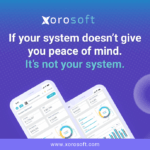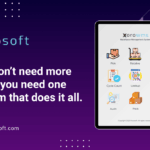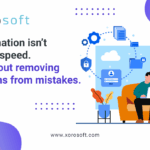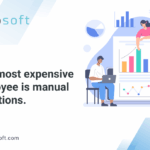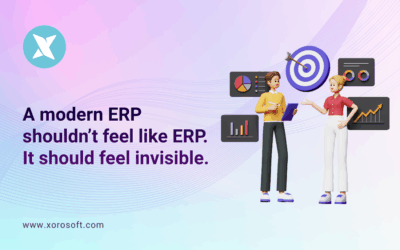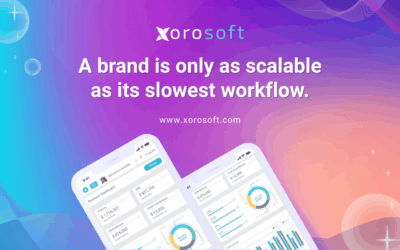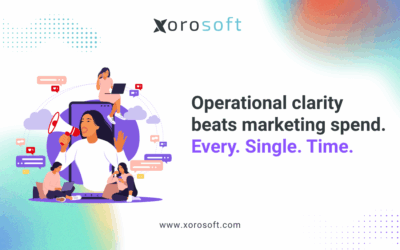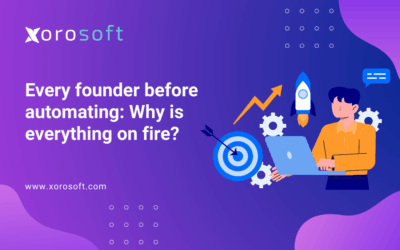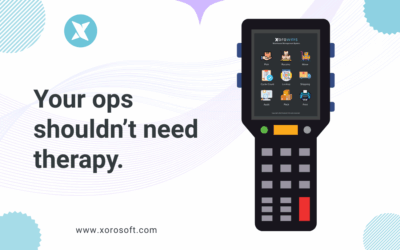
As businesses continue to grow and expand, it becomes increasingly important to have an efficient and effective system in place to manage all aspects of the organization. This is where an Enterprise Resource Planning (ERP) solution comes in. In this article, I will be discussing what an ERP solution is, its benefits, features and functionalities, how to choose the right ERP solution, implementing an ERP solution in your business, common challenges in implementing an ERP solution, measuring the success of your ERP solution and case studies of companies that have successfully implemented ERP solutions.
Introduction to ERP solutions
ERP solutions are business management software that enables businesses to integrate various departments and processes into one unified system. The system automates and streamlines processes such as finance, human resources, production, inventory management, procurement, customer relationship management, and more. This integration provides a comprehensive view of the business operations, which leads to efficient decision-making and increased productivity.
What is an ERP solution and how does it work?
An ERP solution is a software system that integrates all the business processes into one system. It works by consolidating all the data from different departments and processes into a single database. The data is then organized and made available to the authorized personnel for decision-making. The system can be accessed by employees from different departments and locations, which facilitates collaboration and sharing of information. ERP solutions are designed to be scalable and customizable, which means that they can be tailored to meet the specific needs of a business.
Benefits of implementing an ERP solution
Implementing an ERP solution offers businesses numerous benefits. One of the main benefits is increased efficiency. The system automates and streamlines processes, which reduces manual data entry, duplication of work, and errors. This leads to increased productivity, reduced costs, and improved customer satisfaction. ERP solutions also provide businesses with real-time data, which enables them to make informed decisions quickly. The system also integrates different departments and processes, which improves communication and collaboration within the organization.
ERP system features and functionalities
ERP solutions have various features and functionalities that make them an essential tool for businesses. These features include financial management, human resource management, production management, inventory management, procurement management, customer relationship management, and more. The system also has reporting and analytics tools that enable businesses to generate customized reports and analyze data. ERP solutions also have mobile applications that allow employees to access the system from their mobile devices.
How to choose the right ERP solution for your business
Choosing the right ERP solution for your business can be a daunting task. There are various factors that you need to consider before making a decision. One of the first things to consider is the size of your business. Smaller businesses may not need a complex ERP solution, while larger businesses may require a more robust system. You should also consider the specific needs of your business, such as the industry you operate in, the processes you want to automate, and the level of customization you require. Other factors to consider include the cost of the system, the vendor’s reputation, and the level of support provided.
Implementing an ERP solution in your business
Implementing an ERP solution requires careful planning and execution. The first step is to define the project scope and objectives. You should also identify the key stakeholders and involve them in the planning process. The next step is to choose the right vendor and system that meets your specific needs. The vendor should provide training and support to ensure a successful implementation. The system should be configured and customized to meet your specific requirements. The data should also be migrated from the existing systems to the new system. Finally, the system should be tested and launched, followed by training for the employees.
Common challenges in implementing an ERP solution and how to overcome them
Implementing an ERP solution can be challenging, and businesses may encounter various obstacles during the process. One of the common challenges is resistance to change. Employees may resist the new system, which can lead to a lack of adoption and usage. To overcome this challenge, businesses should involve employees in the planning process, provide training and support, and communicate the benefits of the system. Another challenge is data migration. Businesses may have vast amounts of data that need to be migrated to the new system, which can be time-consuming and costly. To overcome this challenge, businesses should plan the migration process carefully, test the data before migration, and ensure data accuracy.
Measuring the success of your ERP solution
Measuring the success of your ERP solution is essential to determine whether it has met its objectives and provided value to the business. The success factors should be defined before the implementation process and should be measurable. The success factors may include increased productivity, reduced costs, improved customer satisfaction, and more. Businesses can use various metrics to measure the success of the system, such as ROI, payback period, and customer retention rate.
Case studies of companies that have successfully implemented ERP solutions
There are numerous case studies of companies that have successfully implemented ERP solutions and have reaped the benefits. One such company is Nike. The company implemented an ERP solution to improve its supply chain management and reduce lead times. The system enabled the company to improve its order-to-delivery time by 20%, reduce inventory by 30%, and increase productivity by 30%. Another company that has successfully implemented an ERP solution is Coca-Cola. The company implemented an ERP solution to standardize its business processes and improve decision-making. The system enabled the company to reduce costs, improve efficiency, and increase profitability.
The future of ERP solutions
The future of ERP solutions looks promising, with new technologies and trends emerging. One of the trends is cloud computing. ERP solutions are increasingly being offered as cloud-based solutions, which offer numerous benefits such as scalability, flexibility, and cost-effectiveness. Another trend is the integration of artificial intelligence and machine learning. ERP solutions are incorporating these technologies to provide businesses with predictive analytics and automation. The future of ERP solutions is also expected to be more user-friendly, with a focus on ease of use and accessibility.
Conclusion
In conclusion, implementing an ERP solution is essential for businesses that want to maximize efficiency and growth. ERP solutions provide numerous benefits such as increased productivity, reduced costs, improved decision-making, and more. Businesses should carefully choose the right ERP solution that meets their specific needs, plan the implementation process carefully, and measure the success of the system. ERP solutions are expected to continue evolving and incorporating new technologies, which provides businesses with new opportunities to improve their operations.
Book a Demo with Xorosoft to learn more about ERP solutions and how they can benefit your business.
